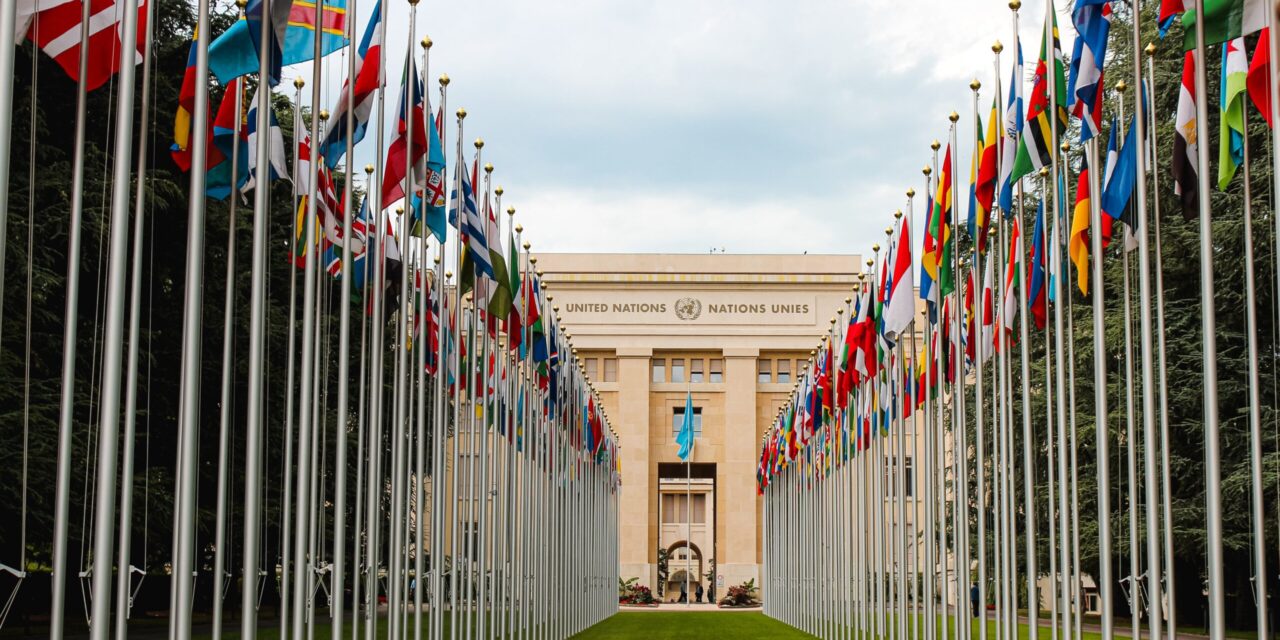
8 Actionable Steps to a Peaceful Organization
Earlier this year, we wrote a summary of a research paper that studied societies with inherent peace systems and came...
Anupriya Kukreja is a graduate in Political Science and Psychology from Ashoka University, a premier Liberal Arts College in India. With a strong passion for Psychology, she has interned at multiple Hospitals in New Delhi and more recently with Behaviour Science research organizations. In the role of Research Writer for Pollack Peacebuilding, Anupriya examines the latest international conflict resolution research and how such methodologies may apply to conflict in the workplace. Learn more about Anupriya here!

Earlier this year, we wrote a summary of a research paper that studied societies with inherent peace systems and came...

Summary of: Wang, C., Huang, F., Stathi, S., & Vezzali, L. (2020). Positive and negative intergroup contact and willingness to...

Summary of: Gallacher, J. D., Heerdink, M. W., & Hewstone, M. (2021). Online engagement between opposing political protest groups via...

Summary of: ‘We Aren’t Killing Each Other, but We Bear Grudges that Could Be Sparked’: How Interreligious ‘Peace’ and Non-peace...

Summary of: Gur, T., Ayal, S. and Halperin, E. (2020), A Bright Side of Sadness: The Depolarizing Role of Sadness...

Summary of: Nomikos, W. (2020). Peacekeeping and the Enforcement of Intergroup Cooperation: Evidence from Mali (ESOC Working Paper No. 20)....